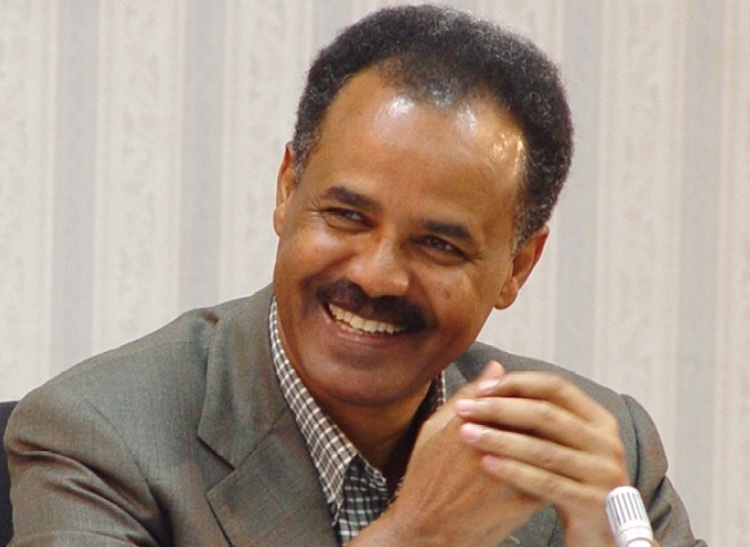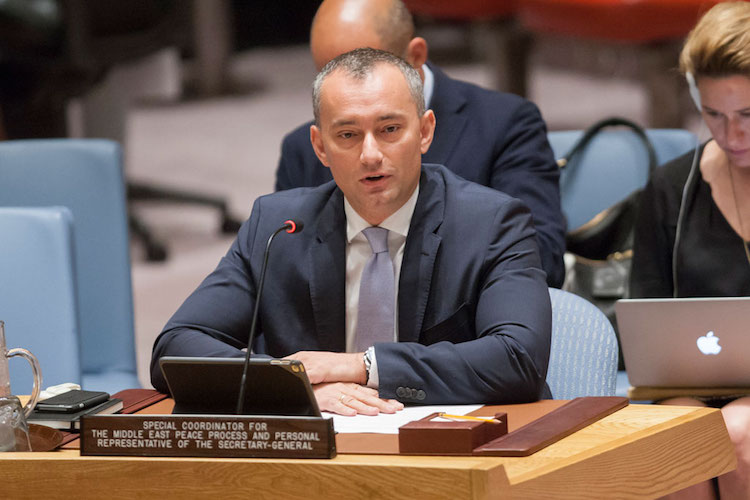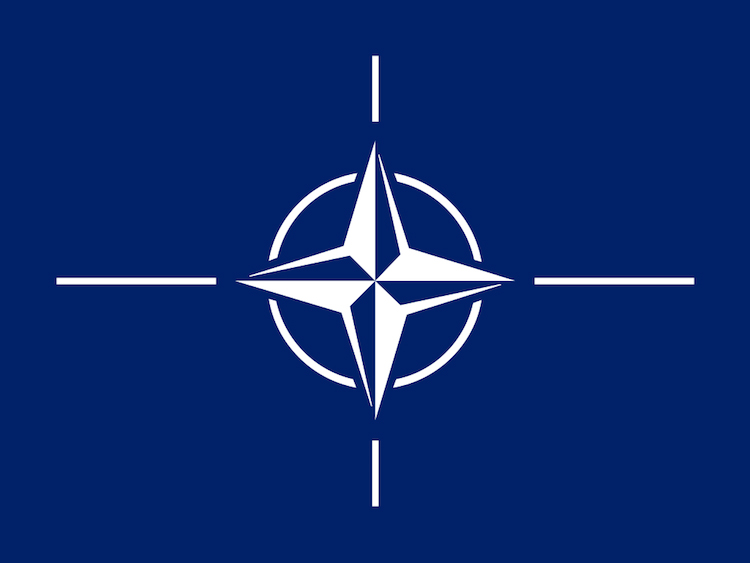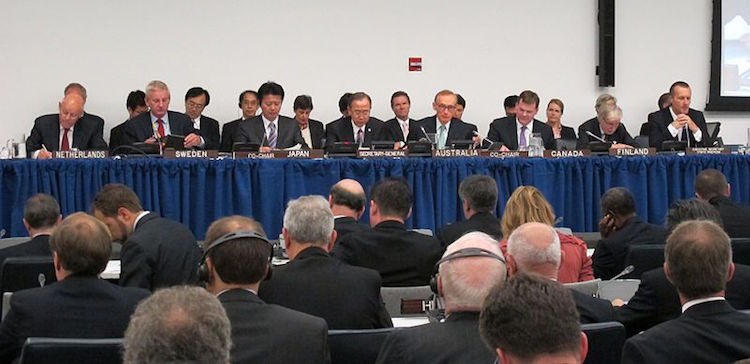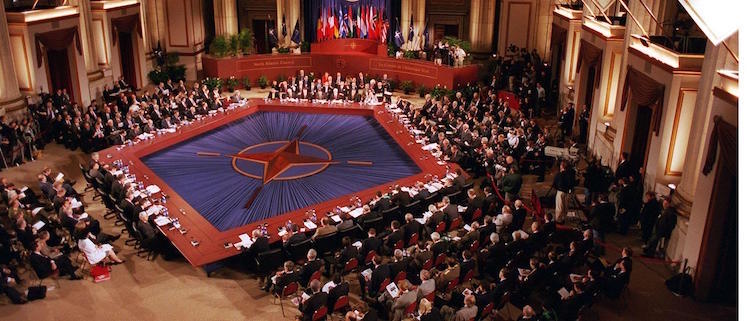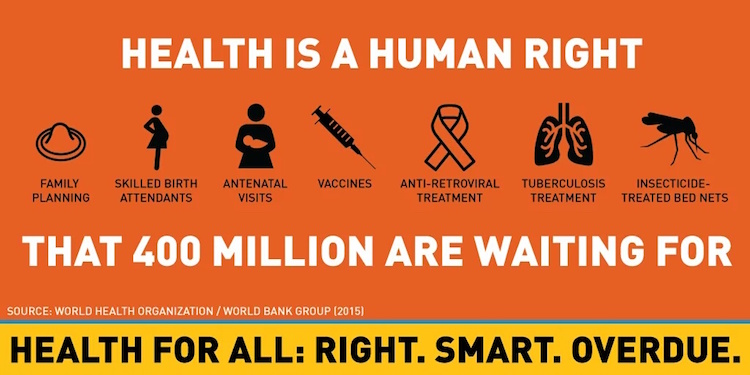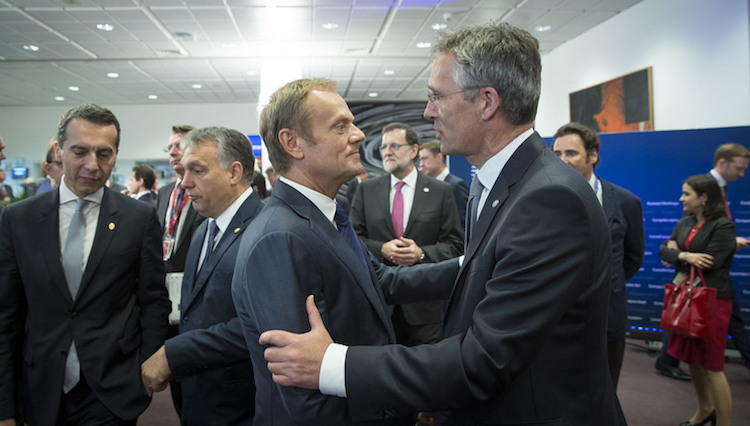Viewpoint by Mirjam van Reisen
BRUSSELS (IDN) – The UN Human Rights Council has adopted a ground-breaking resolution following the presentation of the report by the Commission of Inquiry (COI) on Human Rights in Eritrea. The Eritrean government has rejected the Commission’s findings.
The Council expresses deep concern at the Commission’s findings that there are reasonable grounds to believe that Crimes against Humanity have been committed in Eritrea since 1991.
The resolution requests the General Assembly “to submit the report and the oral updates of the commission of inquiry to all relevant organs of the UN for consideration and appropriate action”.
Though the resolution does not specifically mention the Security Council, its referral the United Nations’ most powerful body, with “primary responsibility for the maintenance of international peace and security” would open the way for the findings to be presented to the International Criminal Court.

